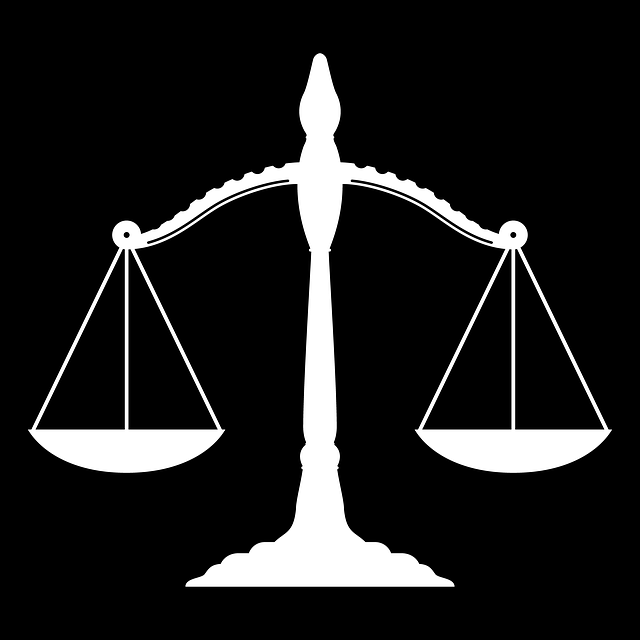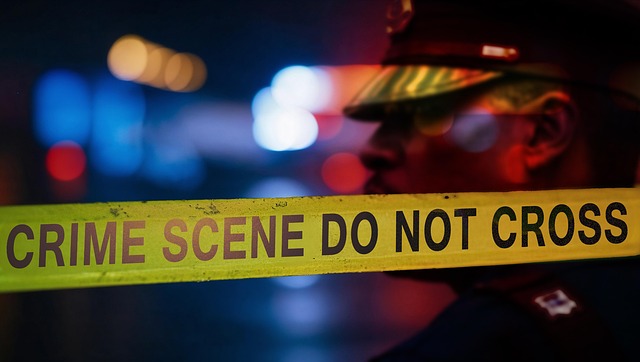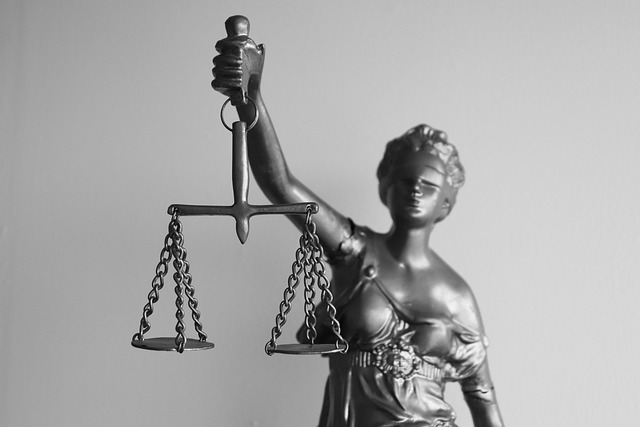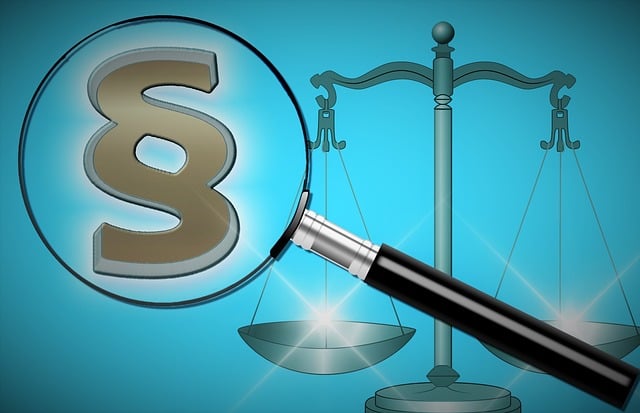Environmental Crime Trials (eco-crimes) involve illegal actions damaging the environment, with strict penalties for non-compliance as regulations tighten. Success in these trials requires a multi-faceted defense strategy integrating legal expertise, scientific evidence, and strategic advocacy. Key to compliance is meticulous documentation, transparent reporting, and stringent internal controls, ensuring companies track activities, maintain records, and conduct environmental impact assessments. High-profile cases have set precedents, demonstrating the effectiveness of prosecuting environmental crimes and holding corporations accountable for damage. As these trials gain global traction, understanding exchange regulation compliance requirements becomes crucial for businesses to avoid legal repercussions and foster a culture of sustainability.
Environmental Crime Trials: Holding Offenders Accountable for Eco-Destruction
In an era where environmental degradation poses unprecedented threats, understanding and enforcing exchange regulation compliance requirements is crucial. This article dissects environmental crime trials, exploring their legal framework, key elements, challenges, and real-world success stories. From defining these trials to examining their impact on global ecosystems, we uncover the intricate dance between law and nature. Learn how successful prosecution strategies are reshaping environmental justice and what the future holds for these vital trials.
- Defining Environmental Crime Trials: Unraveling the Legal Framework
- Key Elements of Exchange Regulation Compliance in Environmental Cases
- Challenges and Complexities: Navigating Legal Requirements
- Real-World Examples: Successful Prosecution Strategies
- The Impact and Future of Environmental Crime Trials on Global Ecosystems
Defining Environmental Crime Trials: Unraveling the Legal Framework
Environmental Crime Trials, also known as eco-crimes, refer to illegal actions that cause significant harm to the environment and public health. These high-stakes cases involve understanding complex legal frameworks and exchange regulation compliance requirements. As environmental regulations become increasingly stringent, both businesses and individuals face stricter penalties for violating these laws. The consequences can be severe, leading to substantial financial losses and reputational damage for those involved in such activities.
In navigating these trials, a robust general criminal defense strategy is essential. Achieving extraordinary results often hinges on meticulous legal interpretations, scientific evidence analysis, and strategic advocacy. Legal professionals must delve into the intricate details of environmental laws, regulations, and policy frameworks to mount a compelling defense. This involves not just meeting compliance requirements but also demonstrating an understanding of the broader ecological context in which these crimes are committed.
Key Elements of Exchange Regulation Compliance in Environmental Cases
Ensuring compliance with exchange regulation requirements is pivotal in environmental cases, where legal complexities often intertwine with sensitive ecological issues. This involves a multifaceted approach to navigate the intricate web of regulations designed to protect our natural resources and safeguard public health. Key elements include meticulous documentation, transparent reporting, and stringent internal controls. Companies must meticulously track their activities, keeping detailed records of transactions, emissions data, and environmental impact assessments.
Transparency is paramount in fostering trust among stakeholders, including philanthropic and political communities across the country. Accurate and timely reporting to regulatory bodies, along with open communication channels, helps build a robust defense against allegations of non-compliance, often associated with white-collar and economic crimes. This not only ensures legal accountability but also demonstrates a commitment to environmental stewardship.
Challenges and Complexities: Navigating Legal Requirements
Environmental crime trials present unique challenges due to the intricate nature of environmental regulations and their ongoing evolution. Understanding and navigating exchange regulation compliance requirements is paramount for businesses and individuals alike, as non-compliance can lead to severe legal consequences, including indictment. The complexity lies in interpreting and adhering to these regulations, which often involve strict standards and penalties for violations. Legal experts emphasize that a robust defense strategy in these cases must go beyond merely avoiding indictment; it entails demonstrating a genuine commitment to environmental protection and proactive compliance measures.
White-collar defense attorneys play a crucial role in helping clients navigate these complexities. They employ various strategies, from negotiating plea agreements to presenting compelling challenging defense verdicts, ensuring that justice is served without unduly penalizing businesses for well-intentioned mistakes or regulatory misunderstandings. The key to success lies in meticulous planning, extensive knowledge of environmental laws, and the ability to communicate the client’s efforts towards compliance effectively to both legal and regulatory authorities.
Real-World Examples: Successful Prosecution Strategies
In recent years, several high-profile cases have demonstrated the effectiveness of prosecuting environmental crimes, setting precedents for future trials. One notable example is the successful prosecution of a major oil company for their role in contaminating a local ecosystem. Through meticulous investigation and strong legal arguments centered around understanding exchange regulation compliance requirements, prosecutors were able to secure significant fines and community restoration efforts as punishment. This strategy involved not only holding the corporation accountable but also revealing the failure of its internal controls, which had significant implications for similar respective business operations.
The case highlighted the importance of gathering concrete evidence, including scientific reports and witness testimonies, to illustrate environmental damage and the company’s lack of adherence to environmental protection laws. This approach was further reinforced in another jury trial where a manufacturing plant was found guilty of illegal waste disposal. The prosecution’s emphasis on corporate responsibility and the impact on public health resonated with the jurors, leading to a verdict that set a strong precedent for future environmental crime trials, ensuring that both corporate and individual clients face severe consequences for their actions.
The Impact and Future of Environmental Crime Trials on Global Ecosystems
Environmental Crime Trials are transforming global ecosystems by holding perpetrators accountable and setting precedents for future cases. These trials send a powerful message that damaging the environment will no longer be tolerated, fostering a culture of sustainability and responsibility. As the impact of these trials reverberates through industries worldwide, understanding Exchange Regulation Compliance Requirements becomes paramount for respective businesses to avoid legal repercussions.
By prioritizing environmental justice, jury trials play a crucial role in ensuring that corporations and individuals take their ecological duties seriously. This shift in focus has the potential to revolutionize how businesses operate, encouraging them to adopt sustainable practices to meet regulatory standards. For his clients, navigating these evolving legal landscapes requires a deep understanding of environmental laws and a commitment to upholding the highest ethical standards, thereby contributing to a healthier planet for future generations.
Environmental crime trials play a pivotal role in holding perpetrators accountable for their actions that harm global ecosystems. By understanding the legal framework, key elements of exchange regulation compliance, and successful prosecution strategies, we can navigate the challenges and complexities involved. These trials not only ensure justice but also serve as deterrents, fostering a culture of environmental responsibility. As we look to the future, the impact of these cases will continue to shape global efforts to protect our planet, emphasizing the importance of stringent Understanding Exchange Regulation Compliance Requirements in environmental law enforcement.






